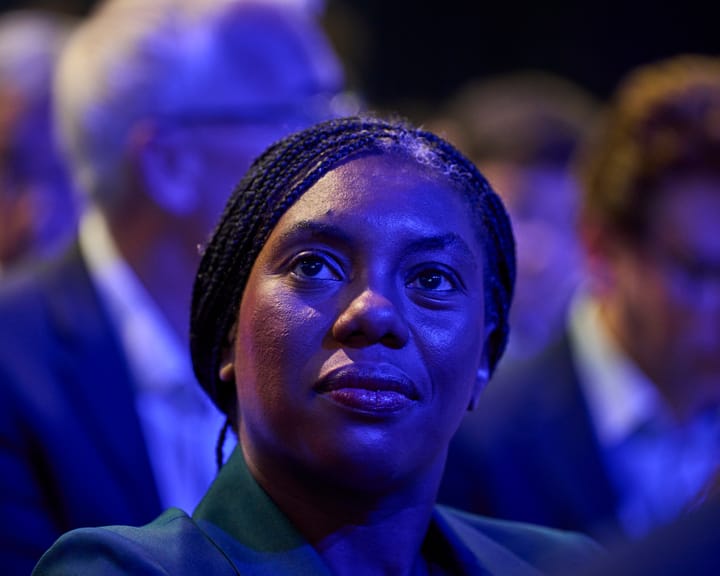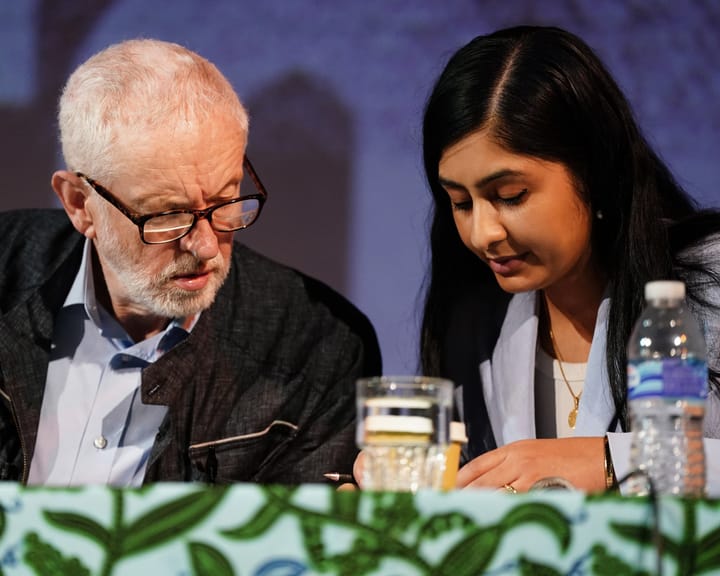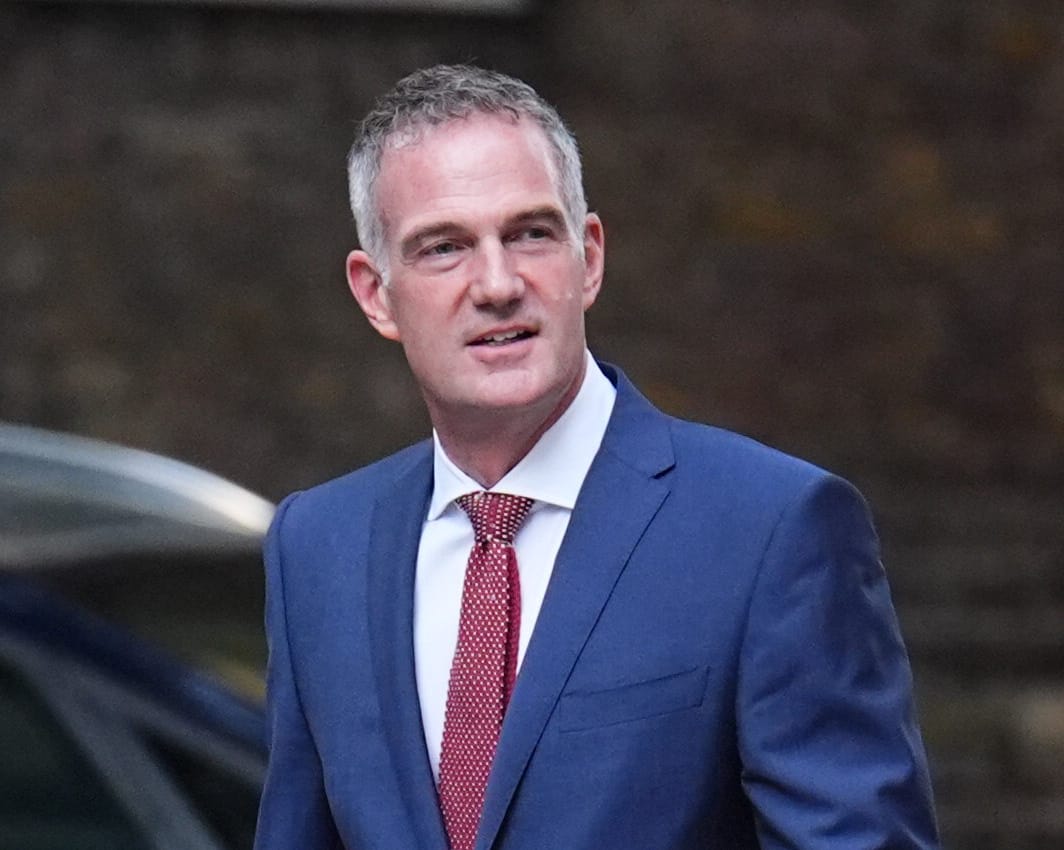Keir Starmer has moved to strengthen his control over the government by restructuring junior ministerial roles, a shift that has marginalized union-aligned figures and cast doubt on the future of Labour’s proposed workers’ rights reforms.
The adjustments reflect a firmer approach on immigration, seemingly aimed at countering Reform UK’s influence. Shabana Mahmood, known for her socially conservative views, now heads the Home Office, supported by Sarah Jones, who resumes her previous responsibilities on policing.
Among the first dismissed from junior ministerial positions was Justin Madders, former employment rights minister. Despite playing a central role in shaping Labour’s proposals for workers—dubbed the "new deal for working people"—his departure was not officially acknowledged in No. 10’s announcements. Madders confirmed the news himself on social media, stating it had been a privilege to serve but that it was time to step aside.
Madders’ removal, alongside Angela Rayner’s exit from her dual government roles and post as Labour’s deputy leader, eliminates key architects of the employment rights bill—a plan unions had hailed as the most significant pro-worker initiative in years.
Further fueling speculation of a shift in Labour’s stance, Starmer will skip this year’s TUC conference. Rayner, seen as the cabinet’s strongest union ally, and Madders, tasked with converting the new deal into law, are now both absent from the process.
Peter Kyle, a staunch Starmer supporter, was recently elevated to lead the business department, putting him in charge of employment rights policy. Some within the government fear this could lead to a dilution of the original proposals, which many centrist Labour members had reservations about. Polls suggest robust worker protections remain popular, even among voters considering Reform UK, raising the likelihood of internal disagreements.
The proposed reforms included immediate rights for new employees, an end to zero-hours contracts, and stricter rules against unfair dismissals. A union leader commented: "Rayner was our strongest advocate in government, and her team played a crucial part in advancing the bill. While Starmer’s commitment remains, we’re concerned about who will now champion union priorities."
Meanwhile, Ellie Reeves has been reassigned from party chair to solicitor general, losing her cabinet seat in the process. Her replacement has yet to be named.
Read next

"Widow to forfeit half of pension scam compensation to taxes"
The relatives of a man who lost his retirement savings after becoming entangled in the Norton Motorcycles pension scheme fraud are set to forfeit nearly half of their compensation due to an obscure tax regulation.
After a prolonged effort to secure payment from the Fraud Compensation Fund (FCF), Robert Dewar’

"Has Kemi Badenoch Ended One Nation Conservatism?"
In one interpretation of the Conservative Party's electoral successes, its last three victorious leaders—John Major, David Cameron, and Boris Johnson—each entered Downing Street promoting unity and broad-based principles.
However, this year's gathering of Conservative members has been defined by tougher language on asylum policies

Zarah Sultana and Corbyn reconcile, poised to co-lead new party
Zarah Sultana and Jeremy Corbyn Reconcile Ahead of New Political Group Launch
Zarah Sultana has stated that she and Jeremy Corbyn have resolved tensions in their joint leadership of a new political initiative, comparing their dynamic to that of the Gallagher brothers from Oasis.
Speaking alongside Corbyn at the *World

